Record LGD spending in July ahead of polls
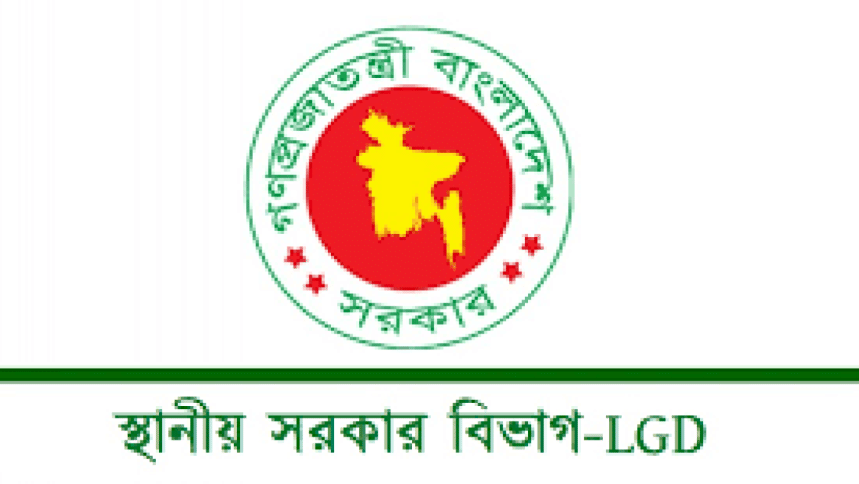
July's development spending was the highest in four years on the back of enthusiastic fund utilisation by the local government division -- whose expenditure hit a record high for the first month of a fiscal year.
Last month, LGD, the unit of government responsible for developing and supporting local government bodies, spent Tk 1,253.45 crore against 216 projects, according to data from the Implementation Monitoring and Evaluation Division.
This is an increase of 27.3 percent from a year earlier and accounts for 35.9 percent of July's expenditure of Tk 3,489.09 crore from fiscal 2023-24's annual development budget.
Economists said the higher spending by LGD -- whose main activities includes rural police; construction, maintenance and management of upazila, union and village roads including bridges and culverts; development of water supply, sanitation, drainage and sewage disposal in rural and urban areas -- appears to be motivated by the polls due in January next year.
"In America, this is called pork barrel -- all low-priority projects become high priority ahead of the elections," said Ahsan H Mansur, executive director of the Policy Research Institute of Bangladesh.
Pork barrel, or simply pork, is a metaphor for the appropriation of government spending for localised projects secured solely or primarily to direct spending to a representative's district.
"Are these expenses keeping the election in mind? It is never like that in the month of July," said Zahid Hussain, a former lead economist of the World Bank's Dhaka office.
"In America, this is called pork barrel -- all low-priority projects become high priority ahead of the elections."
Planning Minister MA Mannan pinned the higher spending by LGD on the uncomplicated nature of its projects.
"LGD works at the grassroots level -- its scope is the most expansive. It needs to take up lots of projects and those projects are simple and do not need a feasibility study," Mannan told The Daily Star yesterday.
Which is why Mannan could approve many of the LGD projects without taking those up to the Executive Committee of the National Economic Council.
As the planning minister, Mannan can approve projects whose costs are less than Tk 50 crore and just inform the Ecnec of the approvals afterwards.
There was just one Ecnec meeting in July, and another one is scheduled for August 29, Mannan added.
In the months leading up to the polls in 2018, there would be frequent Ecnec meetings in which a flurry of projects was approved.
Meanwhile, five of the 15 large ministries and divisions could not spend any of their allocations in July: the secondary and higher education division, the ministry of science and technology, the bridges division, the ministry of water resources, and the ministry of civil aviation and tourism.
The shipping ministry could spend 0.04 percent of its allocation in July.
A year earlier, only the ministries of agriculture and primary and education among the 15 large ministries and divisions failed to spend a penny.
Among the 15 large ministries and divisions, whose allocations account for 79.8 percent of the year's total budget, LGD managed to spend the most of its outlay in July: 3.13 percent.
It was followed by the railway ministry (2.08 percent), the road transport and highway division (1.78 percent), the ministry of housing and public work (1.67 percent) and the agriculture ministry (1.17 percent).
The relatively higher spending by railway ministry and road transport and highway division can be explained by the government's planned inauguration of a few mega projects such as the Padma rail link, phase 2 of Dhaka MRT Line-6, Dhaka Elevated Expressway and Karnaphuli Tunnel later this year.
"That's a natural political move. You want to make the best case for yourself. All governments do that," said Mansur, also a former economist of the International Monetary Fund.
Hussain said the swift implementation of the mega projects is beneficial for all.
"For whatever reason, if good projects are finished swiftly, whatever the motivation is, it is good for the national economy. Even if the election is the reason, the outcome for us is good," he said, citing the fast progress on the Dhaka Elevated Expressway over the past month as a case in point.
Of the amount spent in July, 61.5 percent came from the government's funds and 32.5 percent from foreign aid.
July's outlay was 1.12 percent of the total ADP budget of Tk 274,674 crore for this fiscal year.


 For all latest news, follow The Daily Star's Google News channel.
For all latest news, follow The Daily Star's Google News channel. 


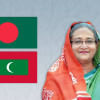
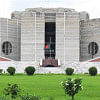
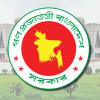
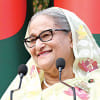

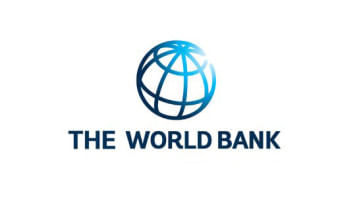
Comments